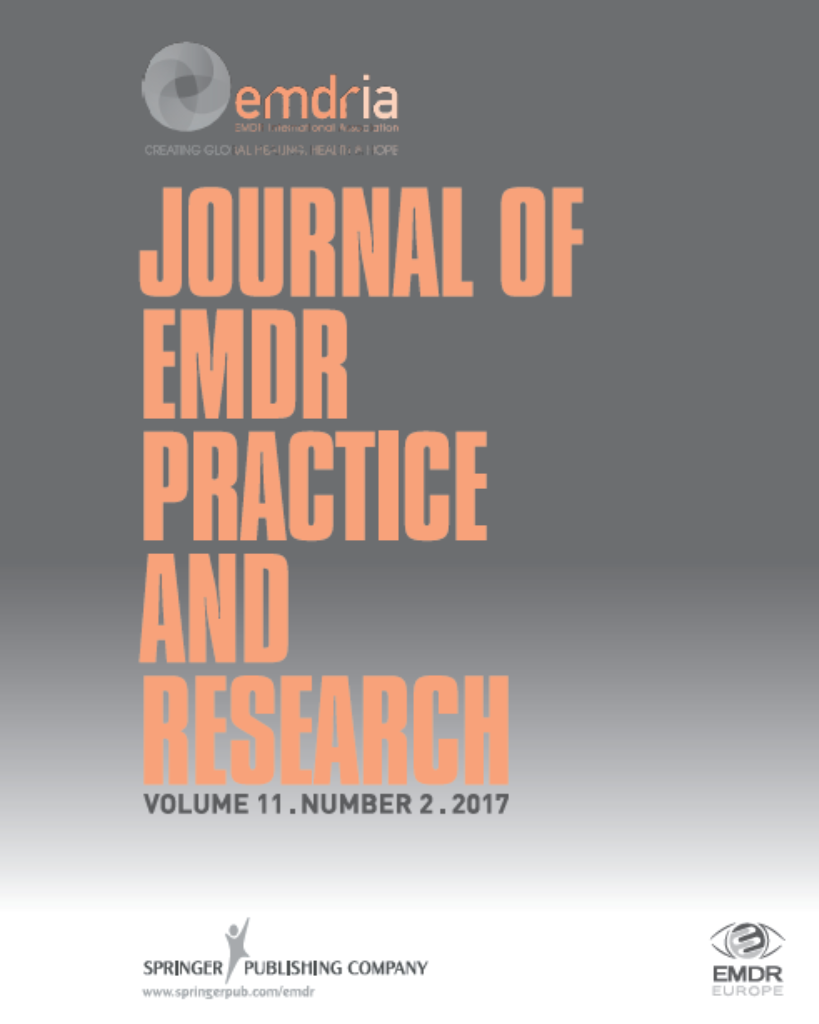Recovery, Interrupted: The Zeigarnik Effect in EMDR Therapy and the Adaptive Information Processing Model
The Zeigarnik effect (better memory for interrupted rather than completed tasks) explains formation of traumatic memories as incomplete tasks.
Article Abstract
“This theoretical article proposes that the Zeigarnik effect (ZE) (i.e., better memory for interrupted rather than completed tasks) explains the formation of traumatic memories as incomplete tasks. These tasks are thought to foster pathological rumination toward their completion while simultaneously stoking avoidance. After looking at the role of the ZE in the development and maintenance of posttraumatic stress disorder (PTSD), the article examines the physiological substrates of the ZE, including brain network imbalance, excessive autonomic nervous system activation, and prospective memory acuity for incomplete events. Eye movement desensitization and reprocessing (EMDR) therapy is proposed as uniquely capable of providing closure to interrupted facets of traumatic recollection, as this treatment may facilitate greater memory reconsolidation and inhibition of Zeigarnik reminders than extinction-based models. The ZE may be implicated in the overall EMDR treatment effect, as it is activated in several EMDR phases. Specifically, the use of brief interrupted exposures during EMDR reprocessing may benefit from the ZE in resolving traumatic events. Eye movements themselves are also considered interruptions to rumination upon traumatic memory. Recommendations for the further use of the ZE are described, and suggestions are made for future research. Protocol modifications and interweaves which mobilize the preceding insights are also provided.”
—Description from publisher
Article Access
Open Access
Fox, J. G. (2020). Recovery, Interrupted: The Zeigarnik Effect in EMDR Therapy and the Adaptive Information Processing Model. Journal of EMDR Practice and Research, 14(3), 175–185. https://doi.org/10.1891/EMDR-D-20-00011
About the Journal
The Journal of EMDR Practice and Research is a peer-reviewed publication devoted to integrative, state-of-the-art papers about Eye Movement Desensitization and Reprocessing. It is a broadly conceived interdisciplinary journal that stimulates and communicates research and theory about EMDR, and their application to clinical practice. The Journal of EMDR Practice and Research is the Official Publication of the EMDR International Association.
Date
September 1, 2020
Creator(s)
Jeremy G. Fox
Practice & Methods
AIP
Extent
11 pages
Publisher
Springer Publishing Company
Rights
Copyright © 2020 EMDR International Association
APA Citation
Fox, J. G. (2020). Recovery, Interrupted: The Zeigarnik Effect in EMDR Therapy and the Adaptive Information Processing Model. Journal of EMDR Practice and Research, 14(3), 175–185. https://doi.org/10.1891/EMDR-D-20-00011
Series
14
Installment
3
Audience
EMDR Therapists
Language
English
Content Type
Peer-Reviewed
Original Source
Journal of EMDR Practice and Research
Access Type
Open Access





